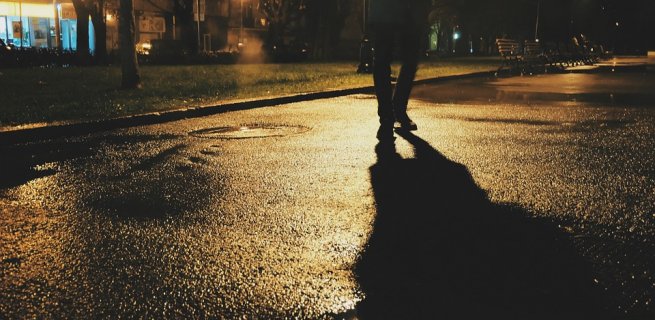Community standards are constantly changing – and so are our laws. Taking a trip back through the last century reveals some interesting changes that have taken place within our criminal justice system.
Here are six things that used to be crimes in Australia:
1. Gay sex
It’s crazy to think that it was just 1997 when gay sex was still a crime in Tasmania. By that time, all other states and territories had decriminalised homosexual sex, but even as late as 1949, it was punishable by death in Victoria.
In fact, for most of Australia’s history, gay sex was a criminal offence. South Australia was the first state to decriminalise the conduct in 1975, while other states followed one by one, until Tasmania finally abolished the offence.
2. Pubs selling alcohol after 6pm
With the tough lockout laws now in place, you might feel like Sydney is on its way to an era of prohibition.
But in fact, putting mandatory closing hours in place is an old trick that Australian politicians have used before – and it wasn’t successful in the long run back then, either!
Back in the early 20th century, pubs were forced to close their doors at 6pm in attempt to curb public drunkenness. But the plan failed as workers rushed to the pub at five and spent the next hour consuming as much alcohol as they possibly could. This hour of rapid drinking became known as the “six o’clock swill.”
NSW was the first state to extend opening hours until 10pm in 1955, while South Australia would have to wait until 1967 to enjoy pubs open until this late hour.
Aboriginals were prohibited from purchasing alcohol until between 1957 and 1975, when the states and territories gave them this right one by one.
3. Crowdfunding
Crowdfunding essentially takes advantage of media platforms – especially social media – to raise funds to support litigation.
But this type of activity was illegal until 1993. Under the common law, ‘maintenance’ and ‘champerty’ were criminal offences before that time.
Maintenance is when a person that is not involved in a lawsuit encourages legal proceedings, or donates funds to commence or continue them.
Champerty involves providing funds in the expectation of getting a slice of the proceeds if the party is successful.
These laws were intended to prevent vexatious and frivolous lawsuits; and in fact, commencing vexatious proceedings is still an offence. There is even a whole act dedicated to it: the Vexatious Proceedings Act 2014.
But the offences of maintenance and champerty were abolished by schedule 3 of the Crimes Act 1900, paving the way for crowdfunding .
4. Wearing swimsuits that didn’t comply with ‘beach inspector’ modesty standards
Bikini clad figures may be commonplace on Australian beaches today, but this wasn’t always the case.
In colonial times, bathing between the hours of 9am and 8pm was prohibited. And even when daytime bathing did become legal and socially acceptable, swimmers were subjected to the rules of ‘modesty police’.
Beach Inspectors patrolled the beaches with tape measures, checking whether female swimsuits complied with the modesty standards of the day.
A ‘suitable’ swimsuit had to be at least 3 inches long in the leg, cover the body from the armpits to the waist and be secured by shoulder straps.
Those who didn’t make the cut would be escorted off the beach, and many were arrested for their ‘immodest’ beach attire.
This rule was finally abolished in 1961.
5. Eavesdropping and being a ‘common scold’
Listening through walls or under windows to hear private conversations and then spreading the gossip used to constitute the criminal offence of ‘eavesdropping’.
Another offence was being a ‘common scold’ – which was a woman who caused problems by fighting with her neighbours and generally being a public nuisance.
Both were crimes right up until 1995, when Section 508B of the NSW Crimes Act 1900 abolished the offences.
6. Being a ‘common nightwalker’
A ‘common nightwalker’ is someone who sleeps by day and walks by night, when “reasonable people” are in bed.
The offence of ‘common nightwalking’ originated in medieval England, and was inherited in New South Wales when the colony was founded.
Although this law was in place until just over two decades ago, there is no record of anyone in NSW being prosecuted during the 20th century.
Eventually, parliament cottoned on to the idea that the law could be highly unfair for shift workers and those partaking in recreational activities at night – and in 1993, the law was abolished by section 508A of the Crimes Act 1900.
So there you have it: six laws that we are probably better off without.












Law 5 should still be in force as I am having that problem now with my neighbour he has cameras looking at my flat recording my conversions me and my partner have